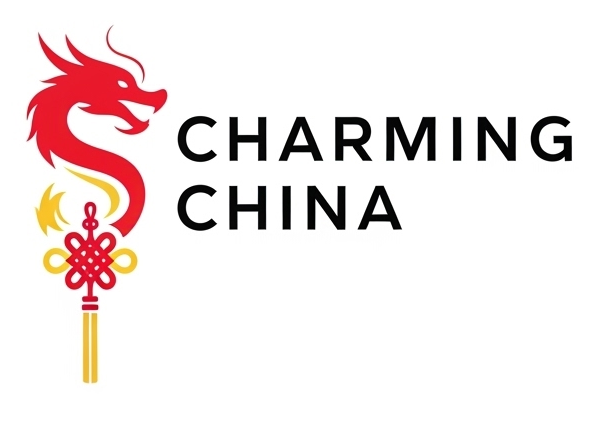Qingming Festival
The Qingming Festival (清明节), also known as Tomb-Sweeping Day, is one of the most important traditional holidays in China. Observed on April 4th or 5th, it’s a time for families to honor their ancestors, clean gravesites, and celebrate the renewal of spring.
The word “Qingming” means “clear and bright,” symbolizing clarity, purity, and rebirth—both in nature and in spirit.
When Is Qingming Festival Celebrated?
Qingming Festival usually falls on April 4 or 5, based on the solar calendar, specifically the 15th day after the Spring Equinox. In 2025, Qingming Festival will be observed on Friday, April 4.
Origins and History
With over 2,500 years of history, the Qingming Festival has roots in both Confucian filial piety and ancient agricultural rites.
One famous origin story involves the loyal courtier Jie Zitui, who died in a fire after retreating to the mountains. To honor his spirit, the Cold Food Festival (Hanshi Jie) merged into what is now the Qingming Festival—a day for solemn remembrance and reconnecting with one’s lineage.
Traditions and Customs
1. Tomb Sweeping
Families visit ancestral graves to clean the tombstones, pull weeds, and offer food, tea, wine, and incense. This act shows respect, gratitude, and ongoing connection to one’s roots.
2. Burning Joss Paper and Offerings
Symbolic paper offerings like joss paper (spirit money), paper clothes, and even miniature houses are burned to provide comfort and fortune to ancestors in the afterlife.
3. Offering Food and Spirit Meals
Special dishes are laid out in front of tombs. These are not eaten but are offerings for the departed. Families may later share a picnic together nearby.
4. Spring Outings (踏青, tà qīng)
Qingming is also a time to go outside and enjoy the beauty of spring. Hiking, flying kites, and admiring blooming flowers are popular family activities that symbolize life and renewal.
5. Flying Kites
Kites are flown both for fun and spiritual significance. In some regions, people attach prayers or bad luck charms to the kite string and cut them loose, symbolizing releasing misfortune.
Symbolism of Qingming Festival
| Symbol / Activity | Meaning |
|---|---|
| Tomb Sweeping | Respect, remembrance, filial piety |
| Joss Paper & Offerings | Providing for ancestors in the afterlife |
| Spring Outings | Renewal, nature’s vitality |
| Kites | Warding off evil, releasing burdens |
| Cold Foods | Purity, simplicity, reflection |
Traditionally, people eat cold foods or foods that are easy to prepare without fire. Popular regional dishes include:
- Qingtuan (青团) – green sticky rice balls filled with sweet bean paste
- Cold noodles or boiled eggs
- Pickled vegetables and simple vegetarian meals
These foods reflect the quiet and respectful nature of the day.
Qingming Festival Today
While deeply traditional, Qingming Festival continues to evolve. In modern China and among Chinese communities worldwide:
- Digital tomb-sweeping services allow overseas families to pay respects online.
- Public memorial ceremonies honor war heroes and historical figures.
- Eco-conscious practices like planting trees and offering flowers instead of burning paper are gaining popularity.
Qingming Festival Around the World
The spirit of Qingming lives on in overseas Chinese communities in countries like Malaysia, Singapore, Taiwan, and the U.S. Families gather at cemeteries or memorial parks to perform similar rituals and share traditional foods.
Many now see Qingming not only as a day of remembrance but also as a time to pause, reflect, and reconnect with both family and nature.
Why Qingming Festival Matters
Qingming Festival reminds us of the importance of heritage, gratitude, and the continuity of life. By remembering the past and honoring those who came before us, we strengthen our identity and nurture deeper family bonds. It also encourages us to step outdoors, appreciate nature, and embrace life’s impermanence and beauty.
The Qingming Festival blends ancestral reverence with seasonal celebration, offering a profound look into Chinese values of family, respect, and harmony with nature. Whether you’re sweeping a family tomb or flying a kite under blooming trees, Qingming is a day to remember with heart and live with clarity.
